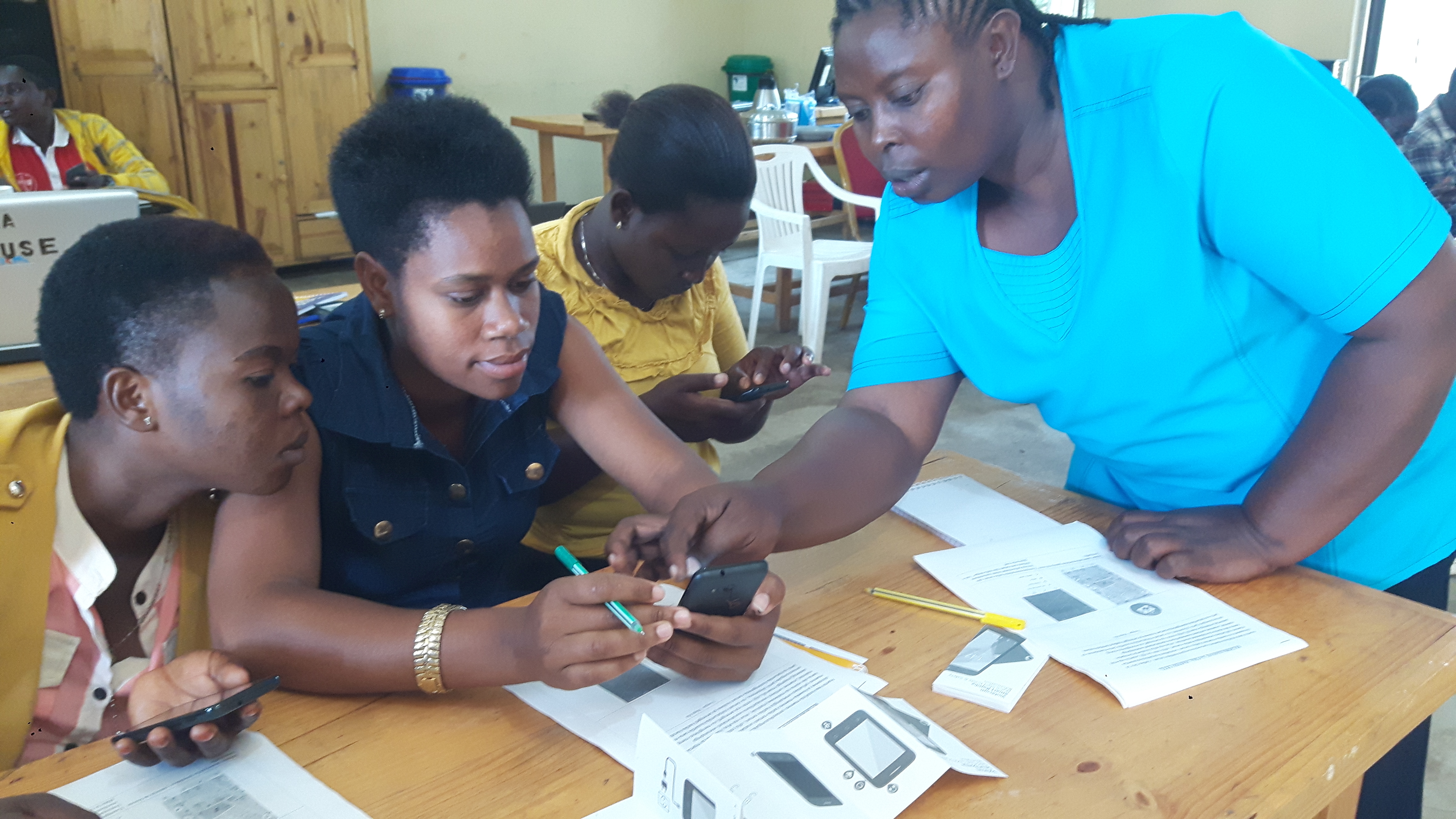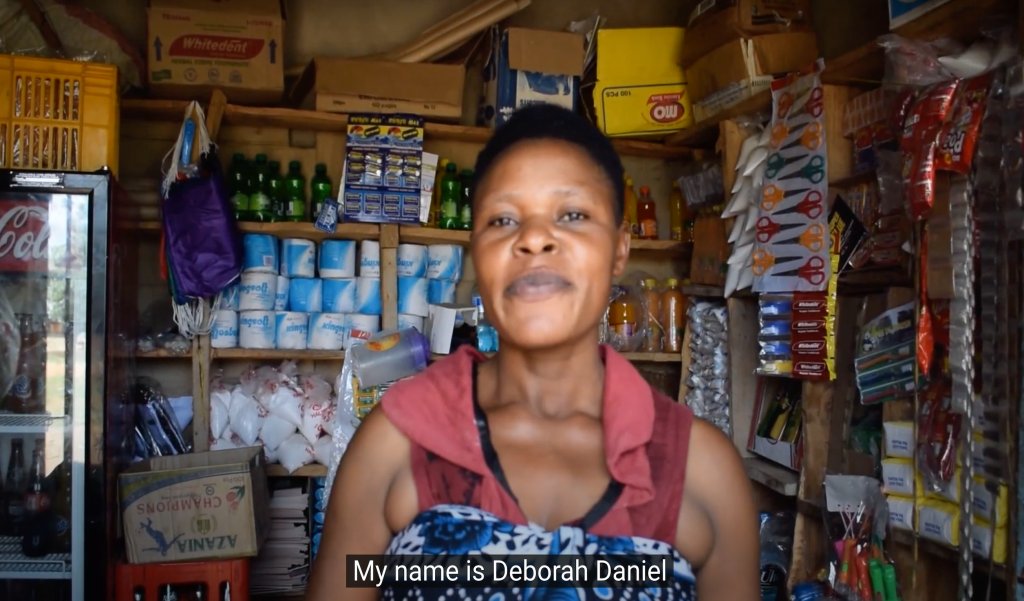
Girls at risk of 91┴ďĂŠ in Mara, live in very remote villages, far from the rule of law.╠ř Hope has mapped these villages into OpenStreetMap as part of the project, to ensure girls can be found quickly, especially in the middle of the night when most calls for urgent help are received, particularly during the ÔÇťcutting seasonÔÇŁ.╠ř
╠ř
in Serengeti District to set up and╠řtrain women and╠řchildren╠řprotection committees in each of the 87 villages there.╠ř For the first time ever members saw a printed map of their village, to which they added any missing points.╠ř They were also trained on how to use a smartphone, as for most of them it was the first time they had ever used one. They learned how to use the camera, the map functions, including how to add missing points into OpenStreetMap, There were heated discussions on what constitutes Gender-Based Violence, and they were shown how to report cases via an online form on ODK, OpenDataKit.
One woman from each committee was selected to be the ÔÇśDigital ChampionÔÇÖ for the village, and was loaned a $40 smartphone to support them in this role.╠ř The phone included downloaded videos and books in Swahili about 91┴ďĂŠ, Gender-Based Violence, and many other topics such as health and agriculture.╠ř She is then responsible for disseminating this information throughout her village, as well as reporting girls and women at risk to the relevant authorities, and running girlsÔÇÖ clubs in their village.
The Digital Champions are linked together via a WhatsApp group for ongoing training with representatives from Hope, Social Welfare offices and the Police Gender Desk.╠ř There are also regular facilitated discussions on different aspects of their role and they are provided with ongoing opportunities to ask questions and seek advice.

Hope also ran an in-person training session when the women came together in Mugumu town, a journey of up to 3 hours on muddy, rough roads, often impassable during the rainy season.╠ř The women learned more about their role, and how to better support women and girls in the villages.╠ř There were also sessions about starting small businesses back in the villages, and how to write a business plan. They now have access to a small revolving micro-finance fund from which they obtain small loans to set up their business, together with ongoing support via WhatsApp.╠ř╠řFive very exciting business plans were selected for the first round and will launch as soon as the COVID restrictions are fully lifted.
The digital champions project has transformed the lives of 87 women who had never used a smartphone before into confident advocates of technology in their extremely marginalised communities.╠ř They have delivered training to over 9000 women in these villages 97% of whom state they are more confident in how to use a smartphone and how it might help them, and 95% say they have more self-confidence generally.╠ř
The champions have reported over 95 cases of gender based violence in their villages to the police and social services, and counselled many other women at risk informally.╠ř They have also been directly responsible for rescuing over 25 girls from 91┴ďĂŠ, and given informal advice to many more. ╠řThis has resulted in 7 arrests.
The initial funding of $9,000 from╠ř╠řas part of the╠ř╠řproject allowed Hope to run the project in Serengeti District for one year.╠ř They have continued to fund it in 2020 internally as part of their long-term strategy to protect girls in the villages.╠ř Funding has been secured from UNFPA to roll it out in Tarime and Butiama Districts but implementation has been delayed by COVID-19.
Training first-time smartphone users in remote, off-grid villages is challenging.╠ř Keeping them online, troubleshooting their issues, and answering their questions remotely via WhatsApp, SMS, and voice call even more so, especially on an extremely tight budget.╠ř But giving local women the digital tools to protect their sisters in their communities is an extremely cost-effective, long-term solution to empower women in isolated, impoverished rural communities.
Below are links to case studies from four of our digital champions. The link below each image will open in YouTube where you have the option of selecting subtitles if needed:

Meet Tabu╠ř
╠ř

Meet Hulda╠ř
╠ř

Meet Sikujua╠ř
╠ř

Meet Deborah╠ř
